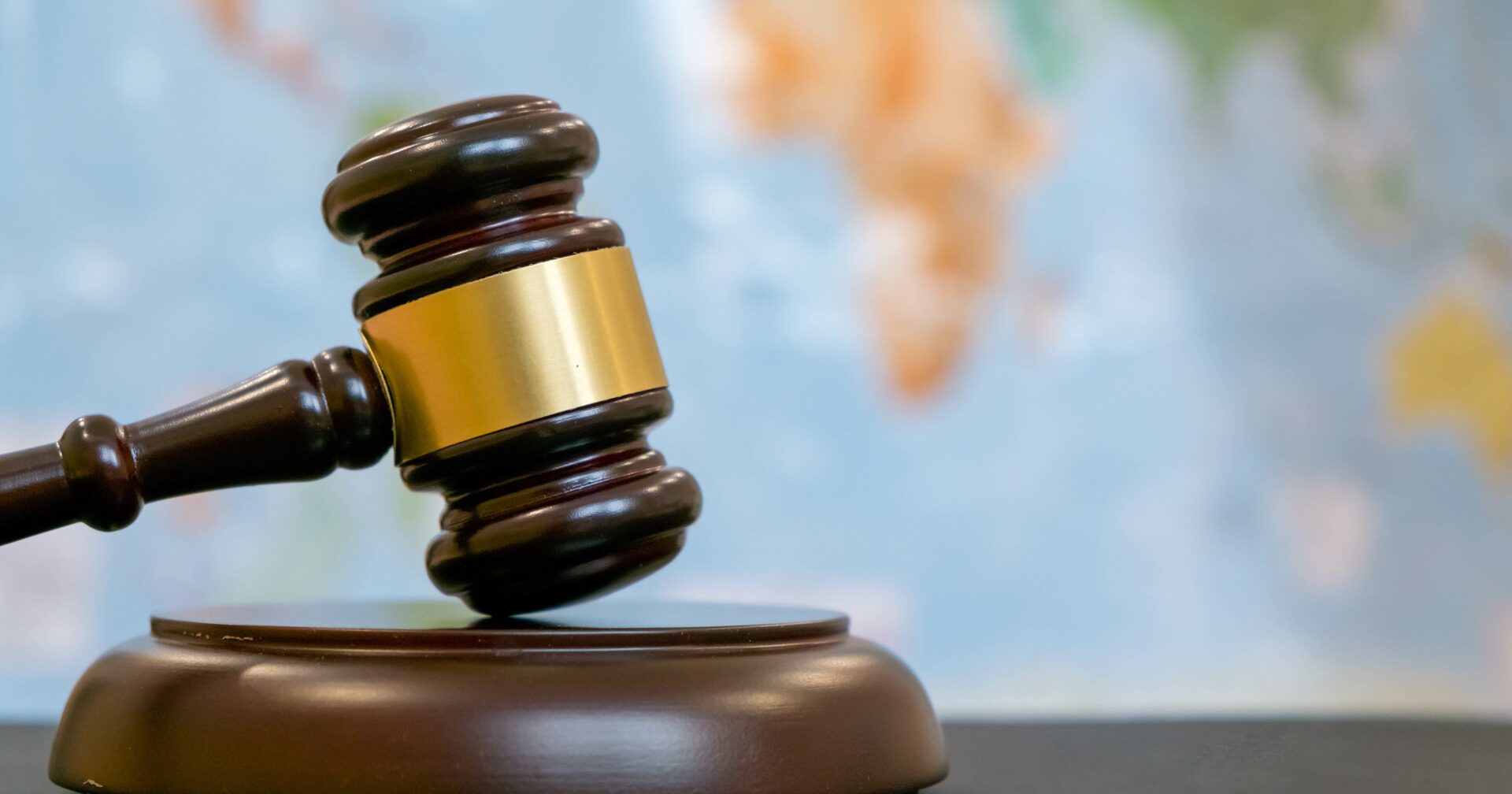The Singapore Convention on Mediation: A New Tool to Enhance Cross-Border Dispute Resolution
US Lawyer
Joel Greer

In past years, international arbitration and international mediation have been used more frequently than before in Japan as means of resolving international disputes, and the Japanese government has been working to make it easier to use these methods of dispute resolution. This article briefs you on the contents of the recently amended Arbitration Act and the recently enacted Singapore Mediation Convention Implementation Act.

Graduated from the University of Tokyo Faculty of Law in 1997 and registered as a lawyer (Japan) in 2000 (member of the Tokyo Bar Association). After working at Nagashima Ohno & Tsunematsu, Porter, Wright, Morris & Arthur (U.S.), and Clifford Chance LLP, he joined ZeLo Foreign Law Joint Enterprise in 2020. His practice focuses on general corporate, investment, start-up support, finance, real estate, financial and other regulatory matters. In addition to domestic cases, he also handles many overseas cases and English-language contracts. He is also an expert in FinTech, having authored the article "Fintech legislation in recent years" in the Butterworths Journal of International Banking and Financial Law. His other major publications include "Japan in Space - National Architecture, Policy, Legislation and Business in the 21st Century" (Eleven International Publishing, 2021). Publishing, 2021).
目次
In past years, international arbitration and international mediation have been used more frequently than before in Japan as means of resolving international disputes, and the Japanese government has been working to make it easier to use these methods of dispute resolution.
For example:
Most recently, on April 21, 2023, Japan’s parliament unanimously enacted amendments to the Japanese Arbitration Act (Arbitration Act), which is the first substantial revision to the Arbitration Act in 20 years, and also passed the Act for Implementation of Settlement Agreements Resulting from Mediation (Singapore Mediation Convention Implementation Act).
The Arbitration Act, enacted in 2003, was modelled on the 1985 UNCITRAL Model Law (Model Law). The Model Law was amended in 2006, but the Arbitration Act did not incorporate such amendments at that time. With the revision this year the Arbitration Act now incorporates those earlier changes to the Model Law. These recent amendments will become effective in a year and mainly concern the four areas below.
The Arbitration Act provides that an arbitral tribunal may order any party to take interim measures of protection that the arbitral tribunal considers necessary (for example, to prevent parties from disposing assets or destroying evidence). However, there has been no system for the compulsory enforcement of such measures by a Japanese court.
Following the recent amendments to the Arbitration Act, a court can enforce interim measures granted by an arbitral tribunal to prevent actions which would unfairly affect the status quo of the arbitral proceedings. This change effectively provides a mechanism for an arbitral order for interim measures in Japan to have legally binding status. These interim measures include specifically:
Under the Arbitration Act, an arbitration agreement is to be in writing to be valid (for example, an arbitration agreement contained in signed written contracts or in an exchange of messages between parties).
The amended Arbitration Act provides that an arbitration agreement may meet the writing requirement where it is recorded as part of a contract that has been concluded orally, by conduct, or by other means.
Previously, a Japanese court’s jurisdiction over arbitration-related court proceedings (for example, concerning interim measures) has depended on factors such as the parties’ agreed choice of venue or the Japanese company’s headquarters. Under the amended Arbitration Act, if the place of arbitration is in Japan any application for arbitration-related proceedings may be made before the Tokyo or Osaka District Courts, in addition to other competent courts. This revision aims to help the Tokyo and Osaka District Courts gain greater expertise in arbitration-related matters where Japan is the place of arbitration.
Under the recent amendments to Arbitration Act, a court may exercise discretion to waive the requirement to translate into Japanese foreign arbitral awards submitted to the court.
Japan’s parliament passed the Singapore Mediation Convention Implementation Act at the same time as the amendments to the Arbitration Act. In anticipation that Japan will sign and ratify the United Nations Convention on International Settlement Agreements Resulting from Mediation (Singapore Mediation Convention), which is an international framework for enforcement of settlement agreements resulting from international mediation, this new law will establish a system in Japan to facilitate the compulsory enforcement of such settlement agreements based on the Singapore Mediation Convention (see our previous update below).
On October 1, 2023, Japan began the process to join the Singapore Mediation Convention. Japan is the 12th signatory country and the treaty will come into effect for Japan on April 1, 2024.
It is expected that the legislation made this time will make international arbitration and international mediation more operative in Japan.
Composed of teams with Japanese lawyers, a registered foreign lawyer with US license, and other experts, ZeLo offers seamless legal services globally in close alliance with local law firms in different legal jurisdictions. In fact, we have dealt with many cases of international disputes such as international arbitration or mediation and litigation abroad. We would be at your service in the field of disputes, among others, in their emerging phases.
Please let us know if you have further questions or require our assistance on this matter. For further information on the above, please contact this form.
The information provided in this article does not, and is not intended to, constitute legal advice and is for general informational purposes only. Readers of this article should contact an attorney to obtain advice with respect to any particular legal matter.

